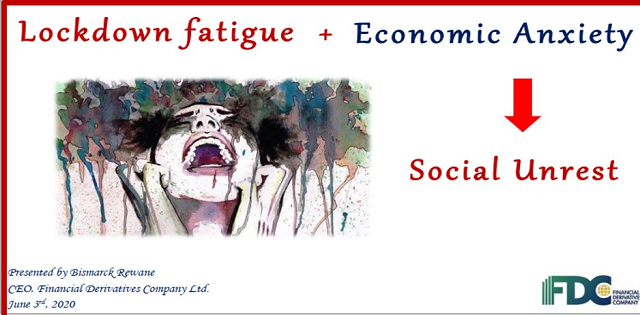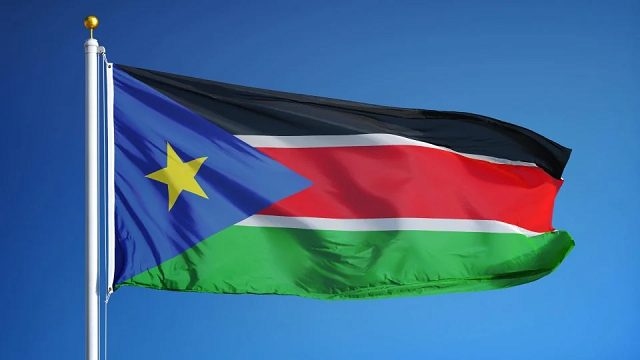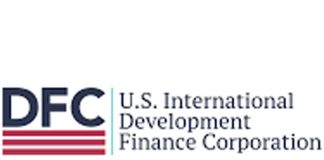Lockdown fatigue and anxiety are a potent mix for social unrest. The key question therefore is “What is the alternative?”
The Government has no choice but to tread the mid-path between a gradual reopening on the one hand and monitoring the infection rates closely on the other. The economic recovery curve is a treacherous path of difficult options and hard choices. It is one that requires honesty of purpose and execution transparency.
The inevitable negative GDP growth that could reach -2.5% in Q2, the yet to be released unemployment figure estimated by some at 35% and the multidimensional poverty rate of 51.4% (98million) are warning signals that the worst may yet be ahead.
Luckily, oil prices are rebounding to the levels of March 2020 ($39.5pb) and production is holding steady. The Nigerian government is getting its hands around an economic sustainability plan after revising its oil revenue assumption price to $28pb.
After all is said, the Nigerian market is not a Robinson Crusoe economy. It has to trade, relate and invest with the rest of the world.
Nigeria’s share of global investment flows are down to 0.23% ($3.2bn) while its share of global exports has fallen to 0.19%. So it is important to see the current crisis through the prism of Rana Foroohar, the celebrated Economist and FT Columnist, who says that unfettered globalization is over.
This is because of the retrenchment of complex international supply chains and the decoupling of the US & China. She predicts that after this crisis, the world would be a tripolar universe of rising nationalism, resilient and inclusive local economies and almost paranoid economic patriots. This is what we see as part of the new economic order.
In this edition of the LBS Breakfast Session, Bismarck Rewane and the FDC Think Tank interrogate these perplexing issues and try to unpack them to provoke your thoughts.
Click to Download: Lockdown Fatigue and Anxiety













